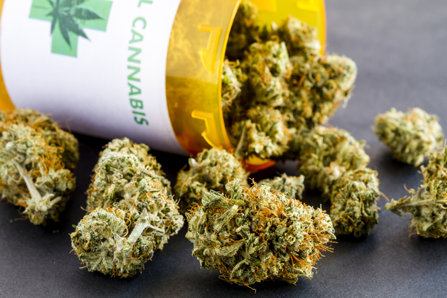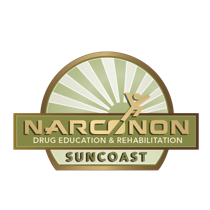What If Amendment 2 Passes in Florida?

In Florida, Amendment 2 is The Medical Marijuana Legalization Initiative, which is on the ballot and up for vote on November 8, 2016. This amendment will allow for the legalization of medical marijuana for people with debilitating diseases as determined by a licensed state physician. With states that have already legalized medical marijuana experiencing considerable consequences, what problems will Florida face in the wake of legalizing this drug?
California was one of the first states to legalize medical marijuana. Per the law, a patient must experience debilitating or terminal illnesses to obtain a referral from a licensed physician. Unfortunately, while a good effort at first, California became a “free-for-all” for doctors giving medical marijuana recommendations. While once touted as “highly regulated,” it became ridiculously easy to get a medical marijuana card. “Pot doctors” started popping up all over the state, placing ads in local papers and offering medical marijuana referrals for a nominal fee. These doctors became very lax at what they would give out pot recommendations for. A person could go see one of these doctors, pay $150 in cash (since some of these transactions were “off the books”), complain of anything from depression and anxiety to insomnia and chronic pain and walk out the door with their referral. Then it’s off to one of the thousands of dispensaries that seemed to open up overnight to go fill their prescription. The medical marijuana law became a joke because literally anyone could go see a “pot doctor” and get a medical marijuana referral, even if the “debilitating illness” was completely fabricated.
The legalization of medical marijuana also opened the door, in these states, to the flooding of medical-grade marijuana into diversionary markets. Some people would get their medical marijuana recommendation with the sole purpose of stock-piling marijuana products to be sold by black-market drug dealers in other states that had not legalized it. Before too long, high-potency marijuana buds, edibles, tonics and even body creams have made it to the streets of cities across the country. Since this high-grade marijuana has a potency almost triple that of weed from years ago, instances of pot-related emergency room visits skyrocketed. While mostly unheard of in the past, people are now actually overdosing on the concentrated THC found in current marijuana products. Some of the symptoms of a THC overdose are:
- Rapid heart rate
- Hallucinations
- Mental confusion
- Panic attacks
- Extreme paranoia
- Addiction
Marijuana, while once considered “non-addictive or habit forming,” has become very addictive due to its ultra-potency. Rehabilitation centers across the country are now fielding calls from addicts whose sole drug of choice is marijuana. What society once knew and thought about marijuana has changed with the increasing concentrations of THC.
In higher doses, THC is proving to be addictive and have major adverse reactions in its users.
The question that now arises, is “what are the real costs of legalizing medical marijuana?” While some states have profited from the tax dollars generated by this amendment; crooked doctors, black-market sales, medical emergencies and new addictions have put a black eye on this law. Is it really worth it? Society has enough addiction problems it can’t handle, with the ever-growing heroin and opiate epidemic. Another newly legalized drug will only add fuel to the fire and make the drug problem in the country worse than it already is. Please, take your time when making your decision to vote on Amendment 2. Look at the facts and consider the negative effects it can have on the state of Florida. We can completely prevent another drug from being legalized and avoid the problems experienced by other states. In the end, it’s up to us.


